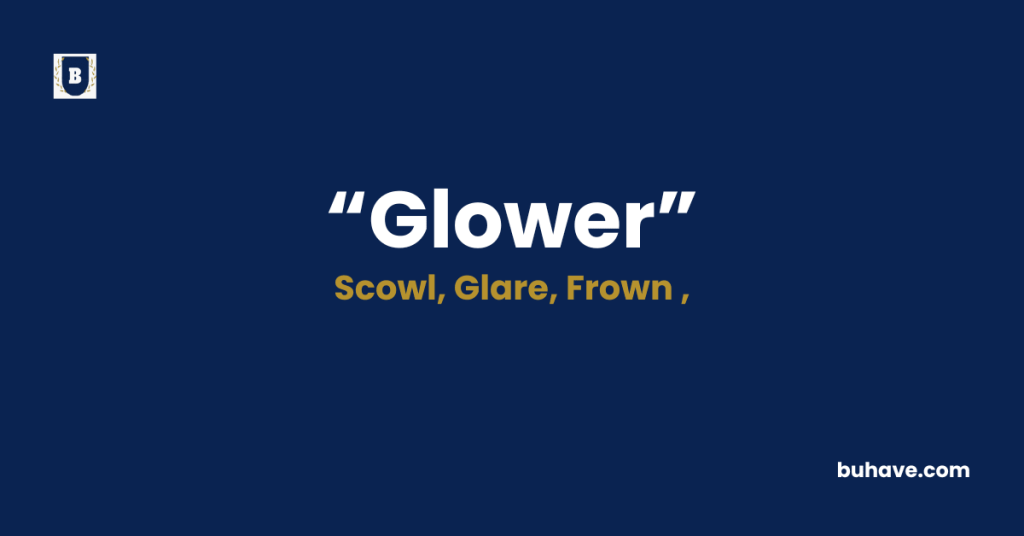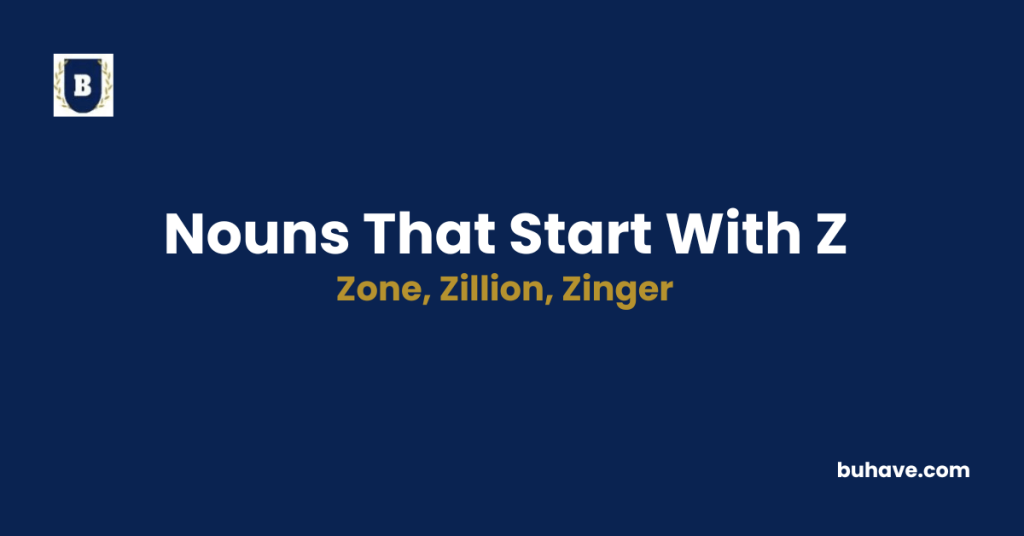The word Scowl (Noun) refers to an angry or displeased facial expression, often involving a frown or glare. In this guide, you’ll learn the full definition, synonyms, antonyms, etymology, and real-life examples of how to use Scowl correctly in sentences.
Scowl Explained in Depth
A complete and detailed guide to the word Scowl including meaning, definition, examples, etymology, synonyms, and antonyms.
Meanings of Scowl
Scowl means to look at someone or something with anger or disapproval, usually by lowering the eyebrows and wrinkling the forehead. It can also refer to the expression itself when used as a noun.
Definition
Scowl refers to a facial expression where the eyebrows are drawn together and the mouth may be turned down, indicating irritation, displeasure, or hostility. People often scowl when frustrated, angry, or deep in thought. Children might scowl when told no. Adults may scowl in stressful meetings or during arguments. This expression is typically silent, making it a non-verbal signal of discontent. In literature and media, scowls are often used to build tension or indicate conflict. Though usually associated with anger, scowling can also reflect confusion or concentration. It sends a strong emotional message without words and is recognized across many cultures.
Etymology
The word “scowl” entered the English language in the early 14th century. It likely comes from a Scandinavian origin, related to the Old Norse word skūla, meaning “to look out from under the brows” or “to be overcast.” In early usage, scowl referred to both expressions and threatening looks. As English evolved, it gained a clearer meaning: a facial expression of displeasure. In older texts, “scowl” sometimes described stormy weather or a gloomy mood. Over time, the term narrowed to its modern sense—an angry or disapproving look. Its roots in physical movement and emotion make it a vivid and expressive word still used widely today in both everyday language and creative writing.
Example Sentences
- He gave a scowl when he saw the mess on the floor.
- She scowled at the noisy group disturbing her reading.
- The teacher’s scowl warned the students to quiet down.
Scowl Synonyms
- Frown
- Glare
- Glower
- Grimace
- Sneer
- Scorn
- Brood
- Gloom
- Disapprove
- Snarl
Scowl Antonyms
- Smile
- Grin
- Laugh
- Beam
- Amuse
- Cheer
- Welcome
- Admire
- Brighten
- Delight
FAQs about Scowl
Here are some frequently asked questions (FAQs) about the word “Scowl”
1. What does “scowl” mean in body language?
It shows displeasure or anger through a specific facial expression, often silent and intense.
2. Is scowling always a sign of anger?
No. It can also show frustration, sadness, or concentration.
3. Can animals scowl?
Some animals show expressions similar to scowling, especially in primates or pets like dogs.
4. Is “scowl” considered rude?
It can be seen as rude, especially in social or formal settings.
5. How is “scowl” different from “frown”?
Scowl implies stronger emotion and usually includes a glare or more pronounced displeasure.

















